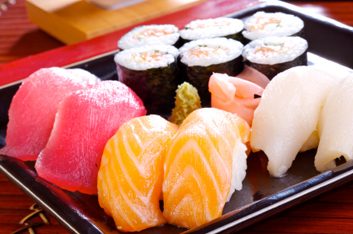
The Japanese diet
Sushi is not only delicious, but it’s also very good for you. It is a wonderful bonus to be able to eat the food you love without paying the price for your indulgence. Great claims have been made for the health benefits of the typical Japanese diet of fish and rice. For example, average life expectancy for both women and men in Japan is one of the highest in the world.
Here are seven sushi ingredients that can help boost your health.
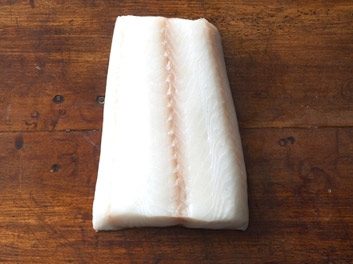
Fish and seafood
Sushi is low in calories. White fish such as sea bass and red snapper have less than 100 calories per 3 1?2 oz [100g]. Even
richer fish such as mackerel, eel, and the fattier cut of tuna, toro, have less than 200 calories per 3 1?2 oz [100g].
Oily fish, such as mackerel, sardine, and herring are high in omega-3 fatty acids, which can be effective in preventing heart disease, stroke and arthritis.
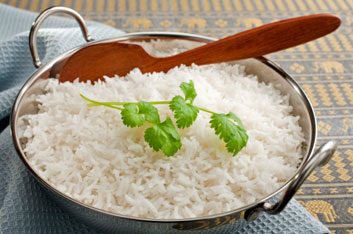
Rice
More than half of the world’s population lives on rice. An excellent source of carbohydrates and protein, it is gluten-free, so suitable for those with wheat allergies.
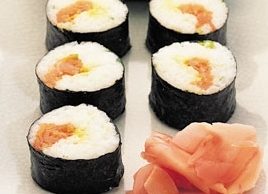
Rice vinegar
Rice vinegar has amazing antibacterial properties, which have long been used to preserve food. It gently aids digestion while also lowering the risk of high blood pressure and working as a mild pick-me-up. In its diluted form it also works as an effective skin conditioner.
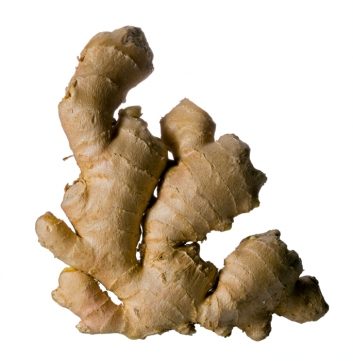
Ginger
Ginger root is pickled and served as a palate cleanser with sushi.
Like rice vinegar, ginger is an effective natural antiseptic. It aids digestion as well as boosting the immune system and helping the body to fight colds and flu.
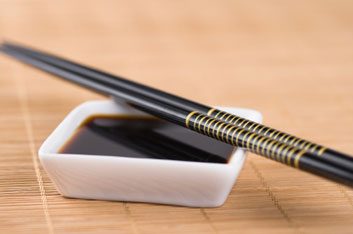
Soy sauce
Soybeans are crushed with salt, wheat, and yeast and left to ferment to make soy sauce.
Soybeans are high in protein, magnesium, potassium, and iron. Soy products contain phytoestrogens, which have been successfully used to treat problems associated with menopause. A reduced-sodium variety is now available. Tamari, which does not contain wheat, is a good alternative for those with wheat allergies.
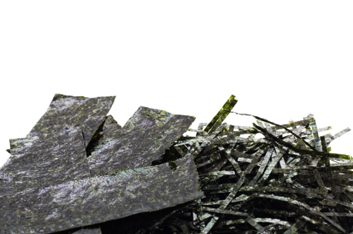
Nori
Nori (seaweed) may be considered an unusual food by some, but it is highly nutritious. It contains protein, minerals-especially iodine-and is rich in vitamins A, B1, B2, B6, niacin and C. It helps prevent cholesterol deposits from building up in the blood vessels. The darker the nori, the higher the quality.
Shredded nori adds a decorative touch to scattered sushi and soups.
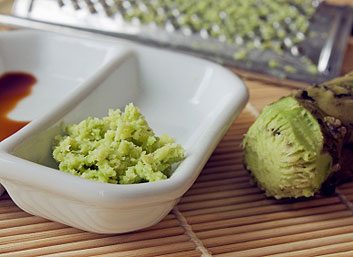
Wasabi
Rich in vitamin C, wasabi stimulates the production of saliva and aids digestion. It has powerful antibacterial properties and is mildly antiseptic.
Related:
• Healthy Fish & Seafood recipes
• Recipe: Sushi Roll Rice Salad
• Five disease-fighting foods
